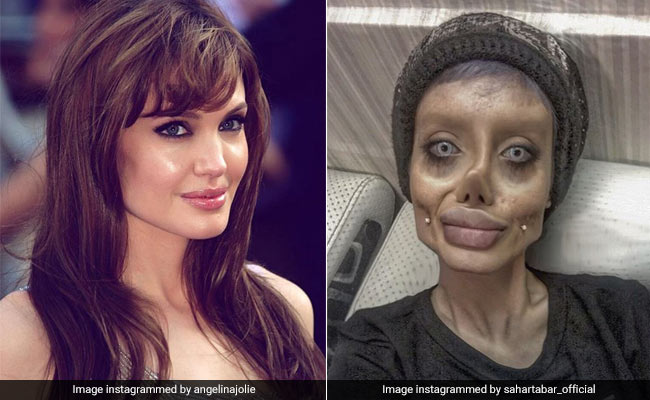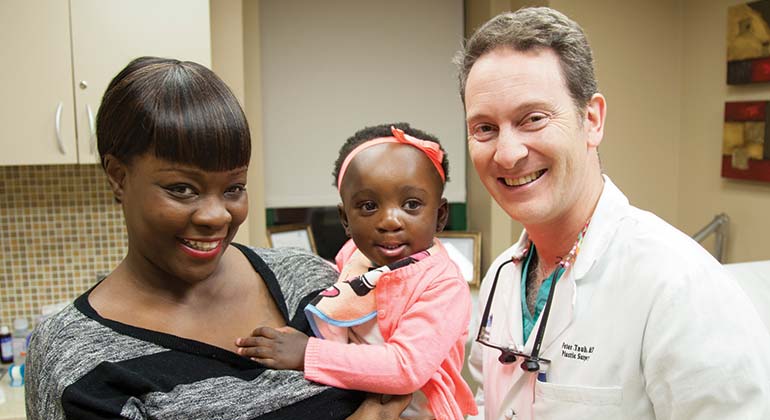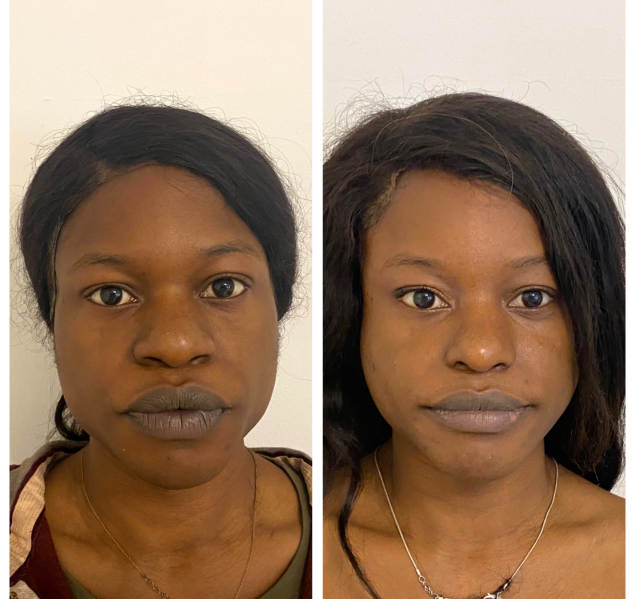Plastic Surgery Rancho Cucamonga: Boost Your Confidence with Customized Cosmetic Treatments
Plastic Surgery Rancho Cucamonga: Boost Your Confidence with Customized Cosmetic Treatments
Blog Article
Exploring the Emotional and Social Aspects That Drive People to Think About Cosmetic Surgery as a Means of Improvement
The choice to seek cosmetic surgery usually expands past mere visual appeals, linking with psychological and social characteristics that warrant thorough examination. Variables such as self-esteem, prevalent social charm requirements, and the prevalent impact of social media assemble to form individual inspirations for surgical improvement.
The Function of Self-worth
Self-esteem substantially influences a person's choice to pursue cosmetic surgical treatment. Individuals with reduced self-esteem usually perceive themselves in an adverse light, resulting in sensations of insufficiency regarding their physical look. This unfavorable self-perception can drive them to seek medical treatments as a method of boosting their self-image. The wish for improvement in one's look is frequently linked to an idea that such modifications will boost their general self-respect and confidence.

Eventually, the role of self-esteem in the decision-making procedure pertaining to plastic surgery highlights the complex interaction between body photo, individual contentment, and psychological wellness. Recognizing this partnership is critical for medical care experts to make sure that individuals are making notified choices rooted in sensible assumptions and psychological well-being.
Social Elegance Specifications
Influenced by prevalent media portrayals and social narratives, social elegance standards play a crucial role in forming people' perceptions of their own bodies. These requirements are typically defined by an idealized type of appeal that emphasizes attributes such as proportion, slimness, and youthfulness. As these ideals are bolstered with various networks, including advertising, film, and tv, people often internalize these messages, leading to dissatisfaction with their all-natural appearance.
The implications of these social norms extend past aesthetic preferences; they can affect self-confidence, psychological health, and social relationships. Individuals who view themselves as disappointing these standards may experience feelings of inadequacy, triggering a need for cosmetic surgical treatment as a means of achieving societal approval. This quest is often fueled by the belief that adhering to these ideals will certainly boost not only physical look yet also social standing and individual satisfaction.

Impact of Social Media Site
The impact of societal beauty requirements is further enhanced by the surge of social media platforms, where curated images and idealized representations of beauty are ubiquitous. Users are continuously exposed to filtered and edited photographs, which commonly show unattainable physical attributes. This exposure cultivates a culture of contrast, leading people to assess their very own look against these often impractical benchmarks.
Social network influencers and celebs often advertise cosmetic procedures, stabilizing the notion that medical improvements are a feasible ways for accomplishing societal perfects (plastic surgery rancho cucamonga). The exposure of these enhancements can develop an assumption that undertaking plastic surgery is a basic practice, thereby affecting individuals to consider comparable interventions as a pathway to boosted self-worth and social acceptance
Furthermore, the interactive nature of social media enables prompt comments with likes and comments, further strengthening the desire to comply with preferred charm standards. Such communications can intensify sensations of insufficiency and drive individuals toward plastic surgery as a way of acquiring recognition. Inevitably, social media plays a critical duty in forming perceptions of beauty, which substantially influences the decision-making processes surrounding plastic surgery.

Cultural Viewpoints on Look
Across different societies, assumptions of look are deeply rooted in historical, social, and financial contexts, forming individuals' sights on beauty and charm. In numerous societies, look functions as a substantial marker of identity, affecting social condition, professional opportunities, and individual partnerships. As an example, in some cultures, light skin is frequently connected with wide range and benefit, while others might idealize darker complexion as signs of toughness and authenticity.
Moreover, standard charm criteria are usually bolstered with social narratives, media depictions, and family members influences, bring about varying suitables throughout different regions (plastic surgery rancho cucamonga). In Western societies, the emphasis on young people and physical health and fitness usually drives people toward aesthetic enhancement, while in certain Eastern cultures, more click over here now subtle modifications aligned Check This Out with traditional looks may be favored
Globalization and the spreading of electronic media have actually even more complicated these dynamics, producing a hybridization of elegance perfects that transcends geographical limits. As people significantly navigate these cultural narratives, the stress to satisfy certain look standards can cause the desire for cosmetic surgery, mirroring a complex interaction of personal desires and social worths. Comprehending these social viewpoints is essential in resolving the inspirations behind cosmetic surgery factors to consider.
Psychological Effects of Plastic Surgery
Many individuals looking for cosmetic surgical procedure record experiencing profound mental influences that can dramatically alter their self-perception and psychological wellness - plastic surgery rancho cucamonga. The need for physical enhancement usually originates from underlying concerns such as low self-worth, body dysmorphic problem, or societal stress concerning beauty criteria. For some, the instant post-operative phase can cause a short-term boost in positive self-image and fulfillment with their appearance, cultivating a sense of empowerment
However, these positive feelings may not be enduring. Research study suggests that while some clients experience boosted self-confidence, others might face elevated stress and anxiety or clinical depression if their assumptions are not met. This discrepancy can arise from impractical perfects perpetuated by media representation and cultural narratives surrounding appeal.
Furthermore, the psychological ramifications of plastic surgery expand beyond the individual. Relationships with friends and family might be stressed as social dynamics change, resulting in sensations of seclusion or their explanation alienation. Eventually, the emotional influences of cosmetic surgical procedure are complex and intricate, requiring cautious factor to consider by both prospective individuals and doctor to make certain informed decision-making and sensible expectations.
Verdict
In conclusion, the decision to go after cosmetic surgical treatment is considerably affected by a combination of self-confidence issues, social charm requirements, and cultural viewpoints on appearance. The prevalent reach of social media even more exacerbates these stress, advertising unrealistic suitables that individuals frequently strive to acquire. Understanding these social and psychological factors is important for dealing with the motivations behind plastic surgery, highlighting the demand for an extra nuanced discussion bordering charm and self-acceptance in modern culture.
The choice to pursue cosmetic surgical treatment usually prolongs past mere aesthetics, intertwining with mental and social dynamics that warrant comprehensive assessment. Eventually, social media plays an essential duty in shaping understandings of appeal, which significantly influences the decision-making processes surrounding cosmetic surgery.
As people increasingly browse these social stories, the stress to conform to details look requirements can lead to the need for cosmetic surgical procedure, reflecting a complicated interaction of cultural worths and personal desires.In verdict, the choice to seek cosmetic surgery is substantially affected by a combination of self-esteem problems, social beauty standards, and cultural perspectives on appearance. Comprehending these social and emotional elements is crucial for dealing with the inspirations behind cosmetic surgical procedure, highlighting the need for an extra nuanced conversation surrounding elegance and self-acceptance in contemporary society.
Report this page